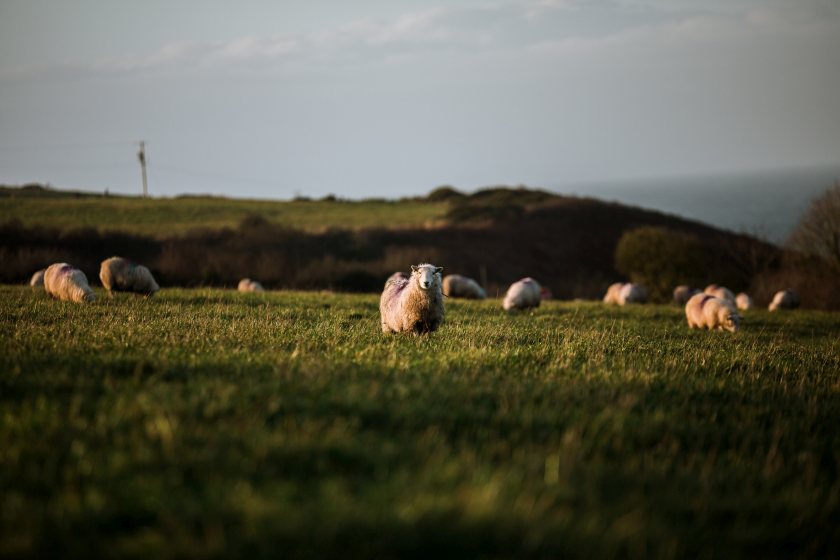Vaccination urged as bluetongue cases climb in England

Farmers are being urged to vaccinate their flocks and herds as bluetongue virus (BTV-3) continues to spread across England, with confirmed cases now standing at 70 since the start of the 2025–26 season.
Animal health experts emphasise that vaccination still has a key role in protecting livestock from bluetongue, as outbreaks not only cause severe losses but also trigger long-lasting restrictions on animal movements and trade.
Ten new cases were reported on 23 September, with infections confirmed in Cheshire, East Sussex, West Yorkshire and Cornwall. A further case was identified the previous day in Somerset. All 70 cases since July have been in England.
Defra continues to rate the risk of transmission as 'high' in the South East and East Anglia, and 'medium' in the South West and North East, despite falling temperatures.
While the virus poses no risk to food safety or human health, it can be fatal for animals. Symptoms in sheep include sudden death, lameness, breathing difficulties and stillbirths.
Cattle may show fever, milk drop, loss of appetite, lethargy and stillbirths. Pregnant ewes and cows bitten by infected midges are at risk of producing weak, blind or deformed young.
The economic cost of bluetongue outbreaks can be severe. Past episodes in Europe have led to millions of pounds in lost trade, movement restrictions and animal deaths — with the impact often felt long after the virus has been contained.
For many farmers, vaccination represents not just a health safeguard but also vital protection against potentially crippling financial losses.
Bluetongue is a notifiable animal disease. If you suspect it you must report it immediately by calling the Defra Rural Services Helpline on 03000 200 301.
In Wales, contact 0300 303 8268. In Scotland, contact your local Field Services Office. Failure to do so is an offence.








